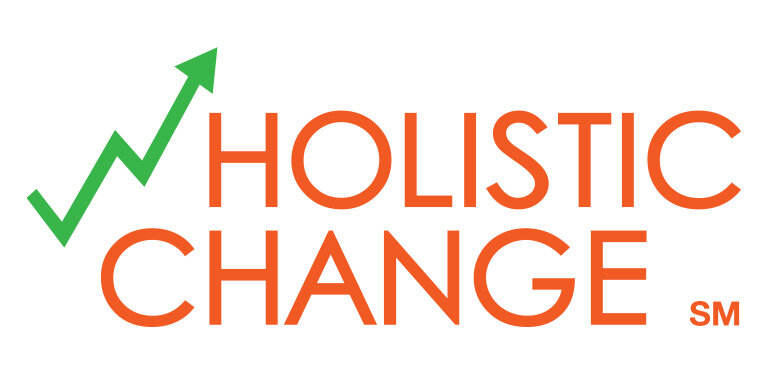"If everyone is moving forward together, then success takes care of itself."
- Henry Ford
In order to establish a change that lasts, you need to involve the people impacted by the change in the process. Communities of Practice are networks of people who come together to share information and knowledge (Etienne Wenger, 1999). By participating in a Community of Practice, community members exchange ideas, collaborate, and learn from one another. Members identify best practices, develop expertise, and are able to access a constant flow of information to do their jobs better and more consistently.Communities of Practice are a critical method to establish the continuous improvement feedback loop from and to the change team - to stay in touch with the people directly affected by the change while they are going through the change, identify issues and risks early on, and keep the key practitioners informed throughout the deployment as adjustments need to be made. Communities of Practice build credibility for the change team with the people affected by the change because the communities demonstrate that the change team understands the human impact of the change and wants to involve the employees in the process.Communities can be managed in a variety of ways, such as facilitated meetings, suggestion boxes, wikis, or social software. Depending on the type and degree of change expected in different resources, it may make sense to develop multiple communities (as the needs and concerns may vary, per group):
- A community of practitioners who will be expected to behave differently once the change is implemented
- A community of middle managers who will be expected to manage their teams differently
- A community of stakeholders whose organizations are indirectly affected by the change
- A community of experts who will be expected to maintain the change and teach future employees, once the change team is disbanded
As Harvey Mackay says, "most people won’t listen to what you’re saying unless they already feel that you have listened to them." Without establishing Communities of Practice, your change may become a failed attempt to do something different.

